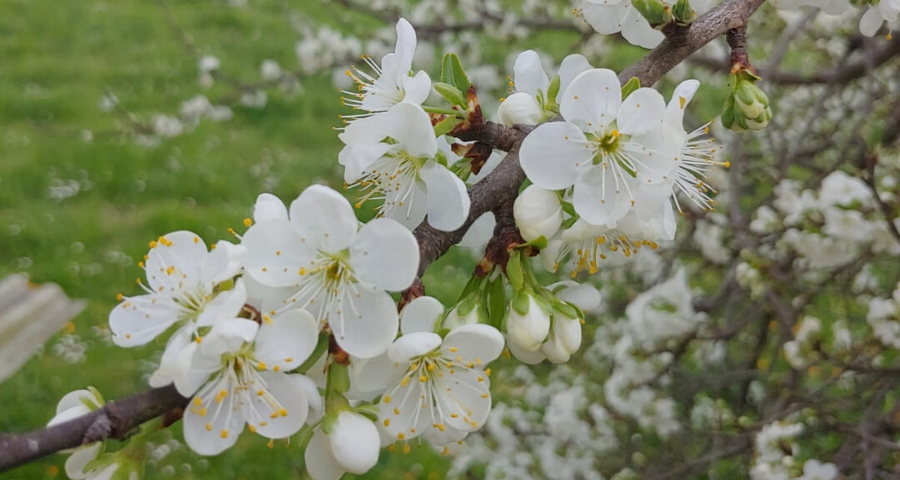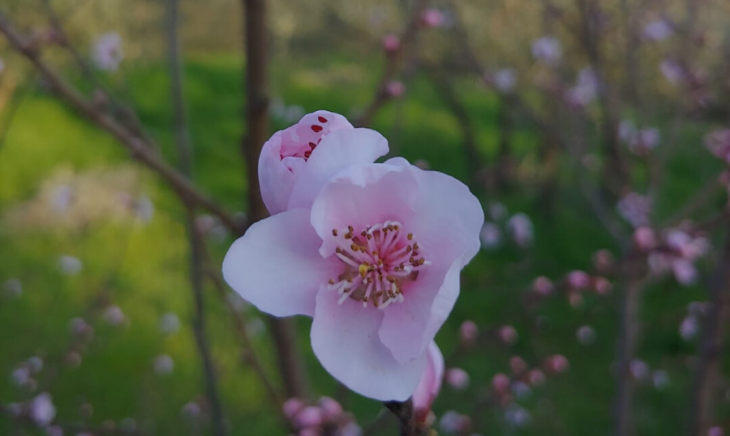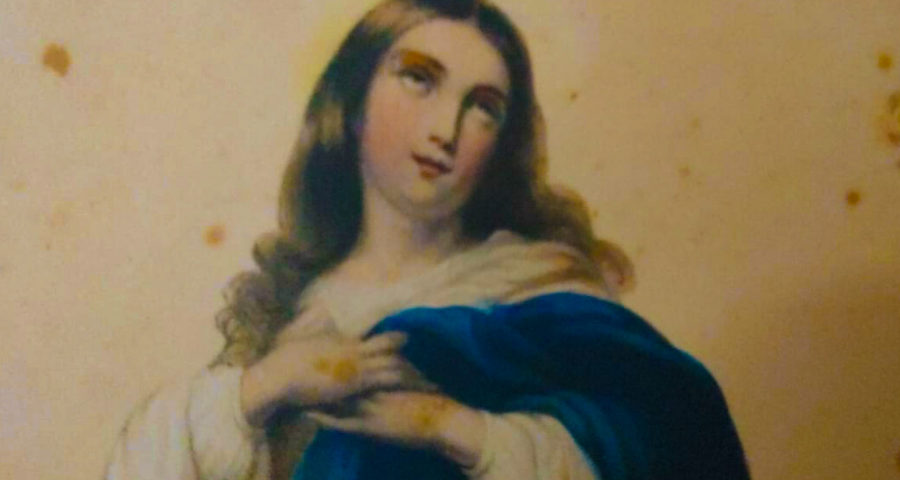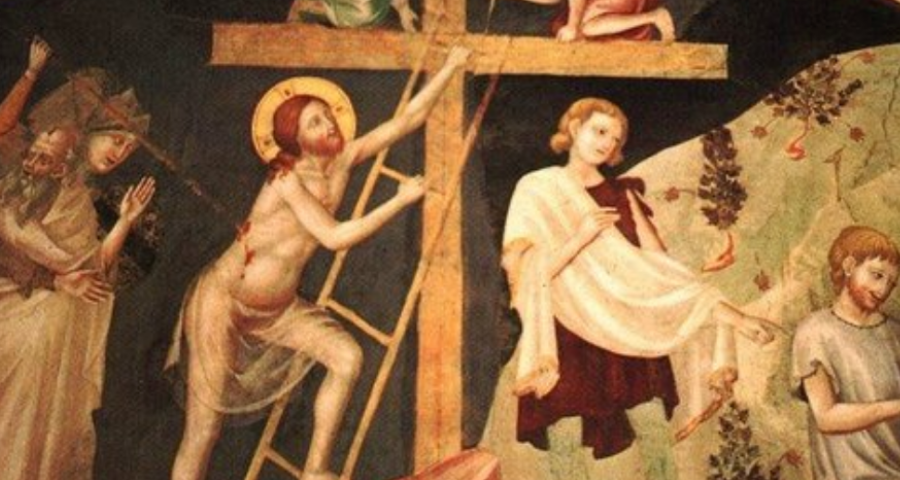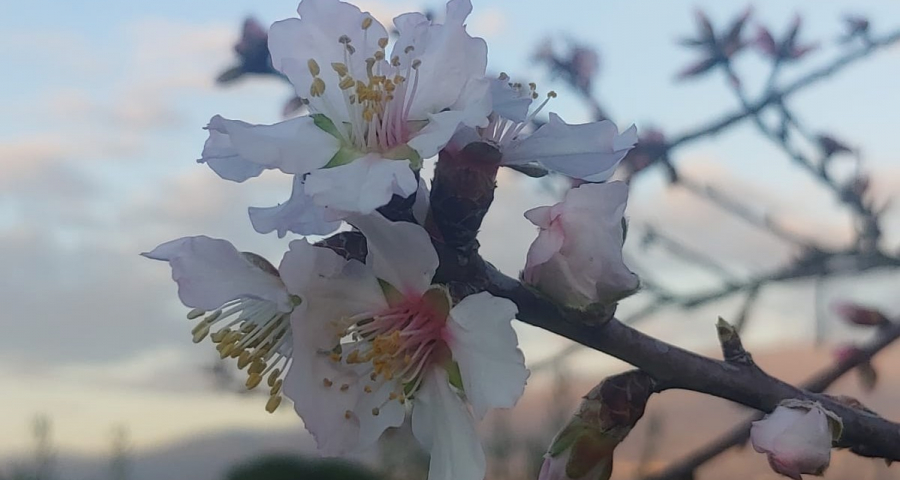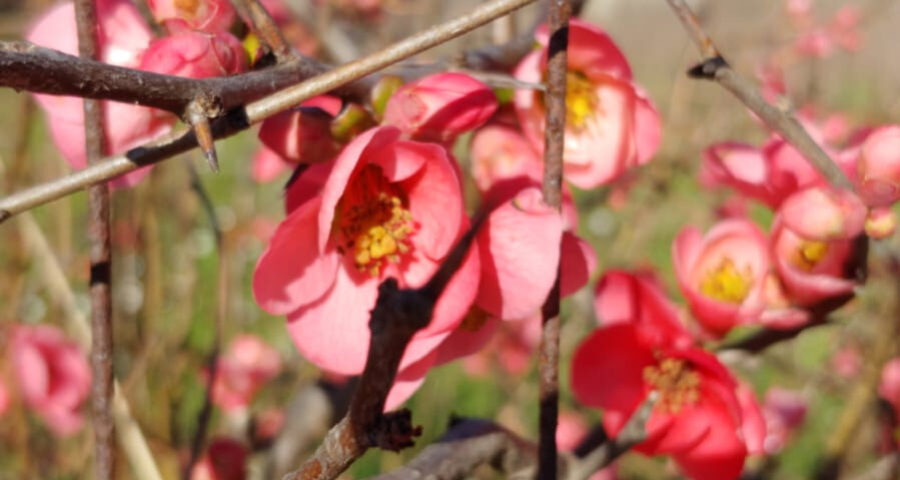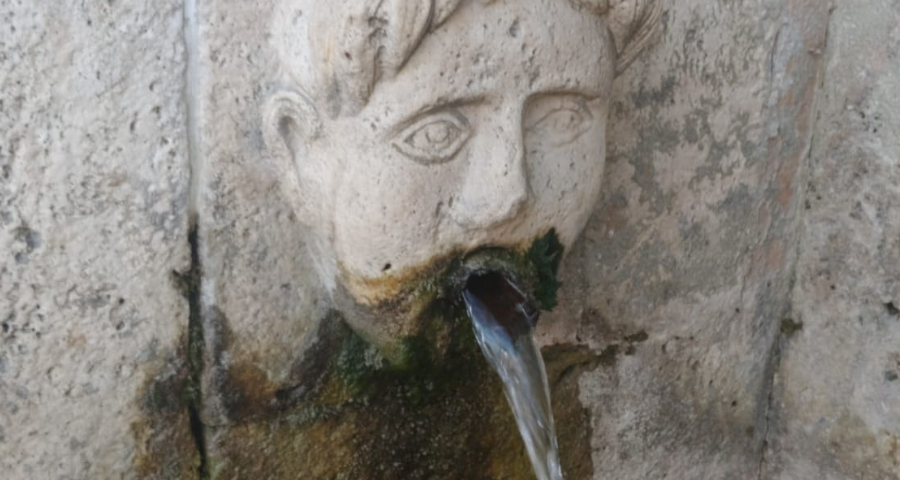Oikonomia/ 11 – This crisis could help us give a new meaning to the economy and to work
Published in Avvenire 22/03/2020
"The seventh day is a day during which handling money is considered to be a sacrilege. The seventh day is an exodus of tension, the liberation of man from his own mud, his inauguration as ruler of time. This is the Sabbath: the true happiness of the universe".
Abraham J. Heschel, The Sabbath
The lack of space in this new exile that we are experiencing in the days of the pandemic may be the invention of a new era, as was the case with the Jewish Sabbath: the temple of time.
We have now arrived at the end of Oikonomia. We began with the cuckoo metaphor and arrived last Sunday to the sacrifices, stopping by Augustine, Pelagius, monasticism, Francis, the relics, the pilgrimages, the Protestant Nordic spirit of capitalism and the Meridian and Catholic spirit along the way. We started in January, when this mass disease that afflicts us still seemed far away, today we find ourselves in a world and with lives completely changed by the pandemic. We are in the midst of a great collective struggle, in the hopes that this hand-to-hand combat resembles the one between Jacob and the Angel, and that we too will find ourselves with a wound along with a blessing and a new name when dawn comes. The signs that our hopes are not in vain are there.
We are living a civil Lent that is uniting everyone, and, although we have not yet realized it, we find are ourselves in the middle of the greatest collective religious experience since the Second World War. The orderly queues in front of the supermarkets resemble processions, in which rows you can feel a solemnity that makes them similar to the rows of people lining up to receive the Eucharistic bread, a place that they have taken over. Many, while waiting for the outcome of Dad's swab, remember the only long forgotten prayer they knew, and now decades later begin reciting it again. Great crises revive the prayers of childhood, and we finally understand them - «Give us today our daily bread».
Chinese missionaries are not coming to evangelize us, as Fr Lorenzo Milani hoped for more than half a century ago; but when we see Chinese and Cuban doctors and nurses arriving at our shores, we feel that something of that prophecy is coming true: «It was the love of "order" that blinded us... On this threshold of extreme disorder, we send you this last weak apology... We did not hate the poor, as history will say of us. We were just sleeping».
In recent weeks, the economy has once again become oikonomia: housekeeping. It came out of the technical realm of economists to become work, despair and hope. In great crises, while being faced with the impotence and bareness of the experts, people tend to regain possession of the great words and vocabulary of life. We started our journey with questions about the nature and the spirit of capitalism, and episode after episode we came to understood that very little of the Gospel has really become part of our economy. In particular, there is very little Christianity in the idea that wealth is a blessing from God (and that poverty is a curse). Because the image of goods as a blessing, which is present in the Bible, has always been completed, scaled down and corrected by the criticism of wealth that we find beating so strongly in its prophetic and sapiential traditions. No biblical theology of wealth can be correct without the book of Job and without the prophets who, as one single choir of voices, repeat that truth does not coincide with success in any of its forms (wealth, health, fame, victory).
The vision on wealth and poverty of Jesus of Nazareth is a direct inheritance of the prophetic-sapiential line of the Bible. There are no references in his words or those of the New Testament to wealth as a sign of the Father's blessing. Even if someone, from time to time, takes the parable of talents to support the presence of a capitalist ethics within the Gospels. A truly improbable operation, if you think about the fact that in that parable of Matthew, (as in the twin parable by Luke with the "mines"), the use of a monetary language (talents) is purely allegorical. Because the message of the parable is an invitation to spread the Gospel received, addressed to a Church that risked becoming lazy awaiting the return of the Lord. All of this should then be further explored, because it is not obvious how the parallels between metaphor and the messages of the Gospel really operate: identifying that "tough master" who entrusts the talents to his three servants in the figure of the Father or in Jesus is not at all obvious. Furthermore, for those who wish to find meritocracy in this parable, in Matthew's account (Matthew 25,14–30), the talents are assigned by the master according to "the abilities of each one", thus denying the first dogma of all meritocracy, that talent itself is a merit - because "abilities" are mostly a gift, not a merit, just like the personal commitment we put into safeguarding and increasing our skills is also largely a gift.
It is so evident that wealth is not a sign of blessing in the eyes of Jesus of Nazareth, that in the most prophetic page of the whole New Testament, he calls the poor "blessed" while announcing "woes" for the rich. Nothing could be more distant than woes from the concept of blessing, woes that we must interpret in line with the concepts of the eye of the needle and mammon. The economic vision of Jesus is similar to that of Isaiah, Jeremiah and Ezekiel. According to Ezekiel, for example, the myth of Adam's sin is also very much linked to the economy: «You were the seal of perfection, full of wisdom and perfect in beauty.
You were in Eden». Until «Till wickedness was found in you. Through your widespread trade, you were filled with violence, and you sinned. So I drove you in disgrace from the mount of God... By your many sins and dishonest trade, you have desecrated your sanctuaries» (Ezekiel 28,12–18). The "original sin" was an economic one. Here, neither a woman nor a snake is present: the wrong logos is that of wealth. It was the dishonest trade that "desecrated the sanctuaries".
Only during the exile of Babylon, the financial capital of the time, could Ezekiel write these pages on the economy. As only in that same exile the Second Isaiah, an anonymous prophet brother and companion in Ezekiel's misfortune, could hear and write the wonderful words about man contained in many of his verses. The truly extreme songs are sung only along the rivers of Babylon, in the wards of intensive care, when another man and sometimes another God reveal themselves to us: «A voice says, “Cry out.” And I said, “What shall I cry?” “All people are like grass, and all their faithfulness is like the flowers of the field. The grass withers and the flowers fall, because the breath of the Lord blows on them. Surely the people are grass» (Isaiah 40,6–7).
Also during that long exile, the people of Israel came to understand the Shabbat in a different way – as the Sabbath. Without it we could not understand biblical humanism. Perhaps Israel already knew and practiced the Shabbat before the deportation, but what is certain is that during that long collective night it learned the value of one of the greatest religious and social innovations in history. In that fasting of space, in a land without a temple and without worship, those deportees learned a different kind of time - something similar, but more radical and extreme, to what happened with the invention of liturgical time in the monasteries, which owes so much to the biblical Shabbat. When they suddenly found themselves without a temple and without a sacred space, a sacred time was born instead, and so they understood the infinite value of stopping, of suspending, of limiting, of equality and cosmic fraternity. Moreover, they also understood the meaning and the place for work, which without stopping during the Shabbat is only slavery, both in the past as well as today.
Not only is capitalism incompatible with the concept of Shabbat: it is directly anti-Shabbat. It does not stop, it does not suspend, it never stops working, and knows no limits. When that empire gave no respite, when it forced people to always work, when every day passed exactly like all other days, right there in that monotonous master of time, the need for a different day, which would set a new rhythm and be the prophecy of all other days, began to flourish in the midst of that ancient people held captive. That single different day rendered all hours, time itself, different. Jews do not have a paradise because the Shabbat is their eternal life, when everything stops and the ruthless clock of death is defeated. It is while finding ourselves in exile that we learn about the Shabbat.
Who knows if this new exile, if this new "deportation" in our history will make us rediscover the biblical sense of the Shabbat. If Christianity decided to include the Old Testament in its Book (and thank God it did!), then the Shabbat is also part of its humanism. What economy could we have had, if we had really saved the culture of the Shabbat? Instead, we have never been able to stop, always working and consuming nonstop and hence too much, and while losing the rhythm of time, nature, and life, we became unbalanced.
Suddenly, now, we had to stop, finding ourselves in the fallow land of capitalism, on a long Holy Saturday. We did not look for it or want it; it just came - like life, like death. It also came to teach us a new meaning to the economy and to work. We must continue, some more some less, to work during this exile; but his blessing will not come if we do not slow down the pace, if we forget the holidays and no longer celebrate them while dressing up (even if we are alone at home), or if we continue the same unbridled work rate as before "online". The other day my friend Silvina, a rabbi in Buenos Aires, reminded me that when Miriam, the sister of Moses, fell ill with leprosy, the people stopped everything: «So Miriam was confined outside the camp for seven days, and the people did not move on till she was brought back» (Numbers 12,15). We also find ourselves in a lack and famine of space now: it would be amazing if a new time could be born out of this confined space, if the closure of the sacred spaces opened up a new sacredness of time! Some of the most beautiful and prophetic books in the entire Bible were written during the exile in Babylon. That new time born out of a limited space ended up generating infinite beauty. Jewish scholars proclaimed that Redemption would come when the whole world observed the Shabbat.
***
There is still so much to look for in the halls and dungeons of Oikonomia. In agreement with Marco Tarquinio, director and dear friend, however, I felt that it would be a good idea to end this series and start commenting on the Book of Psalms next Sunday instead. The economy is retreating today to make room for the Bible. The prayers that those ancient men and women raised to the heavens in order to continue to hope and live will become precious companions in this new exile of ours. The Bible is also a gift of words to be able to start praying again, when pain has made us forget all our other words.
Download pdf article in pdf (396 KB)






